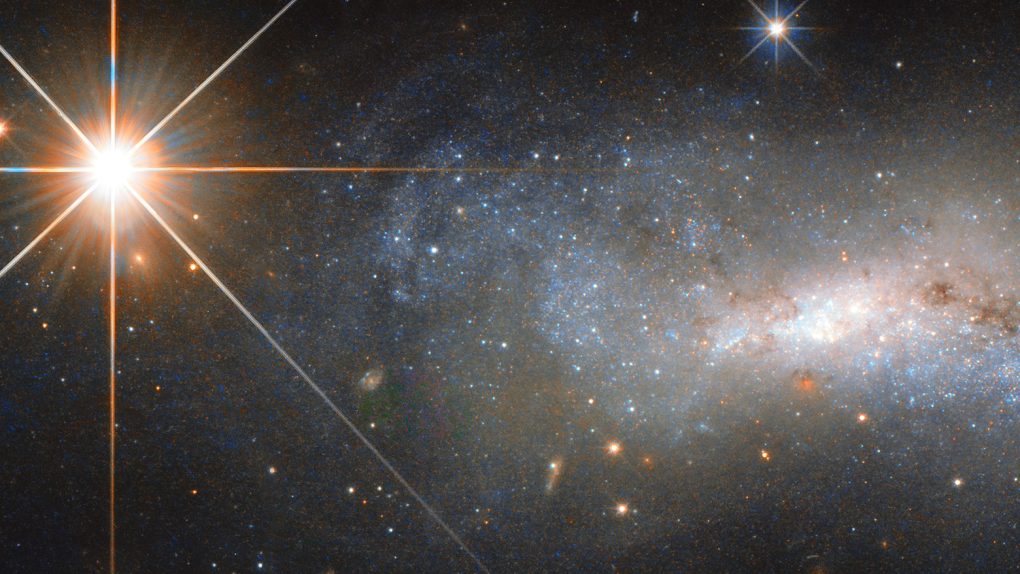Size is relative. A carpenter ant is huge compared to a regular ant, but it’s still tiny when compared to, say, your foot. The challenge of adequately describing size is even worse when you start talking about space, which we all know is big, but also happens to be hard to compare to anything else. A new study by an international team of researchers attempts to offer a bit of context for the size of something we should all be familiar with: our home galaxy, the Milky Way.
Measuring the Milky Way in miles or any terrestrial unit of measurement is entirely pointless because the numbers would be too large to really grasp, so astronomers lean on light years (the distance covered in one year while moving at the speed of light) to make sense of things.
Previous estimates of the size of the Milky Way disc settled at somewhere between 100,000 and 160,000 light years, but this new round of research throws that number right in the trash. Using the latest data from stargazing projects, the scientists now believe our galaxy to be around 200,000 light years wide.
It’s almost too large to really comprehend.
We imagine our Solar System — a single star surrounded by a handful of planets, a bunch of moons, and lots of loose material — is a pretty big place, but the Milky Way is home to as many as 400 billion stars. And that’s just one galaxy. Astronomers currently estimate there are around 100 billion galaxies in just the part of the universe we can see, and each of those galaxies contains an unfathomable number of stars, and each of those stars has the potential to host its own planetary system, with each planet having an untold number of moons, and so on.
The more we learn about the universe, the larger it becomes. Scientists assume that as technology improves we’re going to realize that there are even more galaxies than we thought, potentially doubling that “100 billion” figure or perhaps even more. Feel tiny yet?








